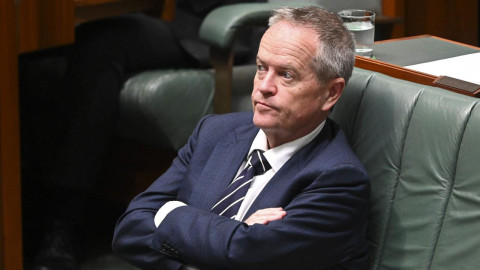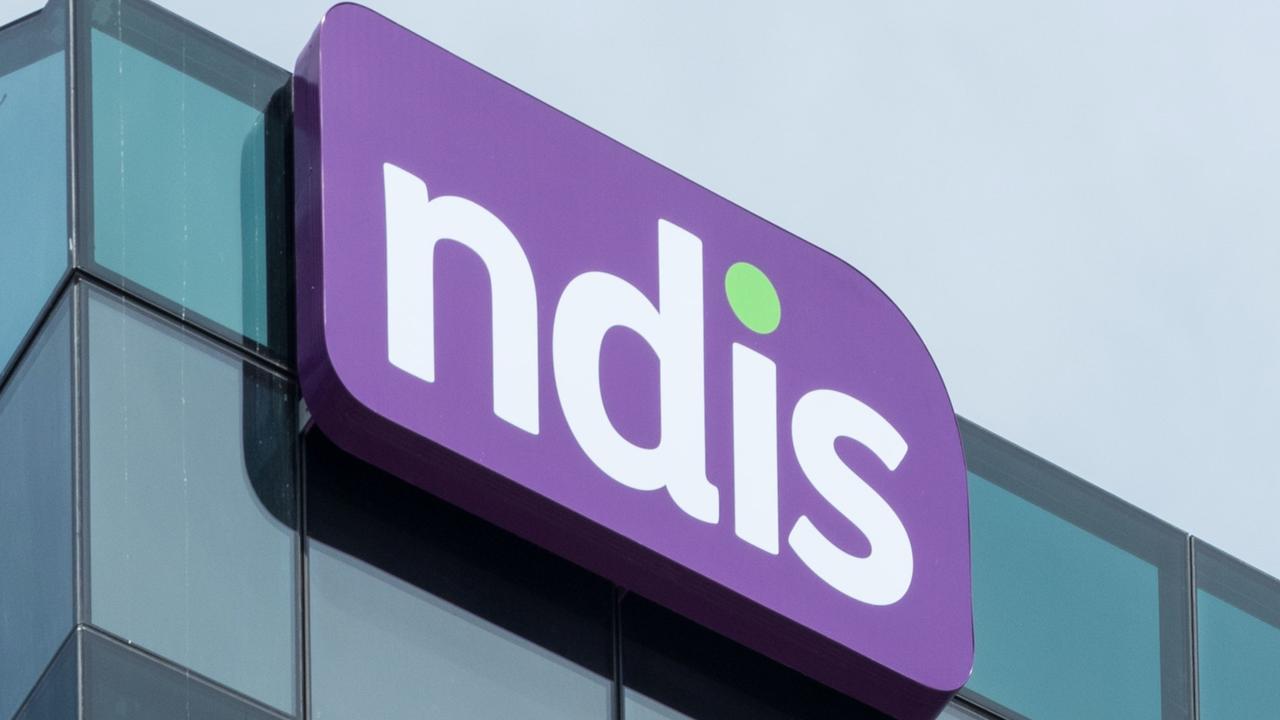
The number of people with autism and other developmental delays on the NDIS has grown by 11 per cent more than predicted, with Bill Shorten saying people may be “rushing” onto the scheme ahead of impending reforms.
More than 96,000 people with developmental delays are now accessing the National Disability Insurance Scheme, the agency’s latest quarterly report says – 9000 more than expected six months ago. The average payment per participant with a developmental delay rose to $14,000 by December, which was $2300, or 19 per cent, higher than expectations in June.
The report showed a net growth in the scheme of 2 per cent over the quarter, with 15,000 people joining in that time; 0.5 per cent above what had been predicted.
Overall, nearly 646,500 are now accessing the NDIS.
Opposition NDIS spokesman Michael Sukkar said the continued growth of the NDIS above expectations made the government’s goal to almost halve the scheme’s annual growth by 2026 “look fanciful”.
NDIS costs have ‘grown enormously’
Melbourne Deputy Lord Mayor Nick Reece says the NDIS costs have “grown enormously”. Mr Reece told Sky… News host Steve Price that it is on track to be the “biggest single expenditure item in the budget”. “I think Bill Shorten’s very across that and good operator. “So, they are taking moves More
“Bill Shorten went to the election telling anyone who would listen that the scheme was sustainable as it was, and now he says anything but this,” Mr Sukkar said.
READ MORE: NDIS misses checks on autistic children | NDIS reality check: ‘ditch the diagnosis’ | Money-pit mentality must stop or scheme will unravel | Disability scheme ‘driving increase in autism diagnoses’ |
“NDIS participants are some of the most vulnerable people in our society and need honesty from Bill Shorten about inevitable cuts that will be made to plans or overall denial to the scheme in order for Labor to meet its budget.”
The Australian revealed this week thousands of children with autism or developmental delay who should not be on the $42bn NDIS were still receiving taxpayer support because public servants were failing to reassess their cases.
Data showed the number children up to the age of six who joined the scheme last year jumped 400 per cent more than expected, with Mr Shorten saying on Friday that while autism was “a spectrum”, not everyone on that spectrum should be on the NDIS.
Mr Shorten said he believed NDIS spending over 2023 had tracked above expectation because people were rushing to get onto the scheme amid concerns eligibility may be tightened.
“It’s always the case that when you say that we’re going to reform the scheme, that there’ll be a bit of nervousness and people might rush to try and get on the scheme before they think it shuts,” he told the ABC. “Once people realise that it’s not all or nothing, then I think everyone will be less anxious. I don’t begrudge a parent who wants to just get the best they can for their child ... but what we have seen is that the NDIS is a large response, and perhaps sometimes people don’t need the large response.”
While the overall growth of the NDIS tracked slower than previous quarters – with scheme costs in the September quarter coming in at 0.9 per cent above expectations – the agency said this was only because of “processing volumes being temporarily impacted by migrating to the new computer system”.
The report revealed $10.2bn in payments had been made in the December quarter, and total expenses for the six months to December 31 had reached $20.4bn – nearly 2 per cent higher than June 2023 projections.
“Over the last two years, payments have grown by 49 per cent, from $25.6bn for the year ending December 31, 2021, to $38.3bn for the year ending December 31, 2023,” the report said.
The proportion of boys aged five to seven on the NDIS tracked up slightly in the December quarter to reach 12.4 per cent, while the proportion of girls the same age rose from 5 to 5.5 per cent.
The quarterly report was released a day after Coalition and Greens senators attacked the Albanese government’s secrecy over the scheme and demanded the release the latest data.
